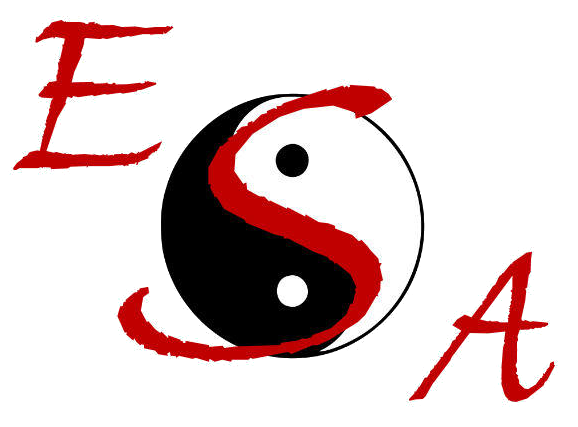A lot of my patients are coming to me to treat chronic pain conditions. There are over 116 million people suffering from pain in the US. The estimated cost of treating pain in the US is around $300 billion with another estimated $300 billion in lost productivity. Clearly as we try to find ways to reduce health care costs pain is a big factor.
With so many people suffering from chronic pain it’s no surprise that pain killers are one of the most used classes of drugs there is. Just about every household probably has at least one bottle of over-the-counter (OTC) painkillers in their medicine cabinet. Some people take them on a daily basis to help with their chronic pains and headaches. Many people take OTC medications and assume they are safe since no prescription is needed. But in fact, OTC pain meds are very dangerous especially with long term use. Pain meds actually account for a frighteningly large number of deaths in the US every year but it is often not included with the other causes of deaths such as heart disease and cancer when statistics are compiled.
There are many different drugs on the market for pain. One of the most common is acetaminophen, which is the main ingredient in Tylenol. Then there are all of the different non-steroidal anti-inflammatory drugs (NSAIDS) such as aspirin, ibuprofen, naproxen. There are also prescription opioids such as oxycontin, vicodin, and hydrocodone. Most people are aware of the addictive nature of opioids, and because of this they are highly regulated drugs. Despite the extra caution most doctors take in prescribing opioids they still account for about 14,000 deaths annually.
The bigger problem, in my opinion comes from acetaminophen and NSAIDS. Acetaminophen is the main ingredient in Tylenol products, but can also be found in NyQuil, Sudafed, Alka-Seltzer, as well as many cold/flu and allergy medications. It’s also in vicodin and percocet. Not many people are aware of that so they end up taking too much acetaminophen because they take Tylenol for their headache, then when they’re sick add in the Sudafed and other products. Major risks of excess acetaminophen use is liver toxicity and kidney failure. A 1994 study by Johns Hopkins showed that patients who took 105-365 pills per year increased their chance of kidney failure by 40%. Over 365 pills a year caused a 270% increase. Over 1000 pills in a lifetime showed a 100% increase of kidney failure. So someone who takes just one Tylenol a day for a whole year means they dramatically increase their chances of kidney problems. Excessive doses of acetaminophen in a 24 hour period can damage the liver. The recommended maximum daily dose is 4 grams (eight extra-strength Tylenol). This amount can easily be exceeded by someone taking Tylenol at the same time as cold/flu medications. Add in some alcohol to the picture and liver damage becomes a very likely problem. Liver damage from acetaminophen use is thought to cause 50,000+ ER visits a year and accounts for 42% of all liver failures. Around 500 deaths annually are thought to be caused by acetaminophen.
NSAIDS can also cause damage to the kidneys, though the correlations are less clear. More of a concern with NSAIDS, such as aspirin, ibuprofen, and naproxen, is gastrointestinal problems, particularly stomach bleeding. In 1998 the American Journal of Medicine reports over 100,000 people were hospitalized due to NSAID related gastrointestinal problems. They are also believed to have caused over 16,000 deaths per year. One place I saw that statistic specifically mentioned 16,500 deaths in rheumatoid arthritis sufferers who use NSAIDs, so the actual number for the general population would be higher. Even at 16,500 that’s a scary number. The American Gastrointestinal Association reports that 60 million people regularly used NSAIDs and they state that around 120,000 hospital admissions each year are due to stomach bleeding from NSAID use.
I’m not completely against painkiller use, they have their time and place. But in my opinion they’re only appropriate for short term use in acute situations. For chronic pain other alternatives need to be better utilized. Clearly I’m biased in favor of people using acupuncture to treat their chronic pain. On a daily basis I see how well it can help people with chronic pain. But just as important I think the population as a whole needs to be better educated on the risks of taking over-the-counter pain medications so that they can make appropriate decisions. If you frequently use painkillers to deal with your chronic pain give me a call and find out how acupuncture can help you. And if you have friends or family who frequently use painkillers for their chronic pain, talk to them about the risks and let them know there may be alternatives for them.



